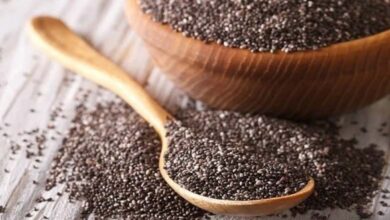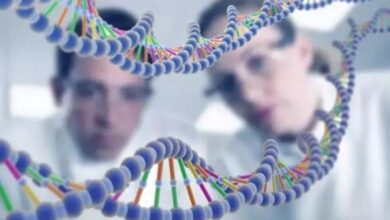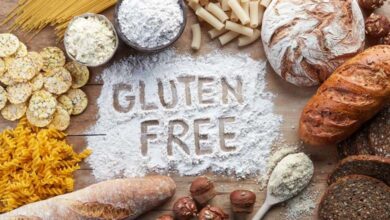Simple eating habits to adopt to have a slim body after 50

After 50, it is often more difficult to keep a refined silhouette. The onset of menopause, age, and changes in lifestyle can be the cause of weight gain. However, several tips and good eating habits will help you maintain your figure.
Weight gain after age 50
At 50, menopause is approaching. The secretion of hormones decreases, which contributes to weight gain. As we age, muscle mass naturally tends to decrease while fat mass increases. Throughout life, a weight gain of 5 to 10 kg is not uncommon. However, do not let the pounds settle because it would then be more difficult to lose them. To do this, maintain a physical activity regular is essential. Swimming, jogging, walking or simply taking the stairs instead of the elevator, walking to go shopping or to take the dog out are good exercises to do on a daily basis. Concerning I’feed, a very bad idea would be to skip meals. Indeed, if it is deprived, the body tends to store more. It is therefore the right age to adopt (or consolidate) good eating habits.
Consume fruits and vegetables for their fiber intake and reduce sugary and high-fat products (especially saturated fats). Also avoid alcohol. However, do not eliminate all sources of lipids. Vegetable oils (nuts, olives, rapeseed, etc.) provide essential omega 3, 6 and 9. Here are also 10 delicious foods that help you lose weight. In addition, a healthy lifestyle helps to stay in shape and protect against vitamin and mineral deficiencies, heart disease, and preserve brain health. But the secret to good nutrition after 50 does not lie there…
The Importance of Protein
With age, and even more so in our society which encourages people to reduce meat intake, protein consumption drops sharply. If it is indeed not useful to consume red meat at every meal, meat, fish, eggs and legumes should not be neglected. The PNNS (National Health Nutrition Plan) recommends favoring white meat and consuming only 500 g of red meat per week. You can also put two fish (one fatty fish and one lean fish) on the menu each week. For dairy products, the recommendations are two per day. To vary protein sources, pulses (or legumes) are a good alternative. From the age of 50, it is all the more important to monitor your protein intake. Indeed, it is necessary to burn calories to digest them, which avoids weight gain. In addition, protein helps maintain muscle mass and bone mass. Finally, they bring a feeling of satiety which limits cravings and snacking. A good way to avoid gaining fat mass. And to avoid bloating, find our 10 easy to digest foods.
It’s pretty simple to get protein at every meal. Indeed, many foods, of animal or vegetable origin, contain it. Meat, fish, eggs and dairy products are the main sources of animal protein. Legumes, spirulina, peanut butter, pumpkin or chia seeds, oat bran or even nuts are very rich in vegetable proteins. Here are some tips for consuming enough protein throughout the day:
Bring a source of protein with every meal.
Use your imagination: peanut butter and almond butter can be spread on wholemeal bread. Eating eggs for breakfast also increases protein intake. Legumes replace meat and fish in vegetarian meals (chili sin carne, rice and lentils, vegetarian couscous and chickpeas, etc.).
Add protein at snack time. A snack of hummus, a handful of almonds or pistachios (no salt and no sugar) or even a portion of cottage cheese with a few pumpkin seeds will make delicious snacks.
Think of the many vegetable proteins: edamame, tofu, seitan, nuts (walnuts, almonds, hazelnuts) and sprouted seeds are included in all recipes.
For a good dose of pleasure, find our 10 foods that you can eat without moderation, without the risk of gaining weight.












